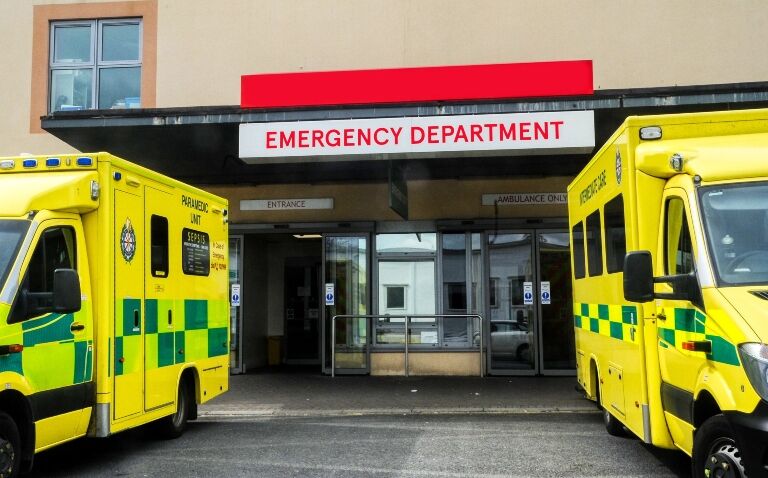A study by German researchers shows that despite differences in healthcare systems in Europe, strategies that address everyday external stressors in emergency departments (EDs) can improve working conditions and increase sustainability.
The European Society for Emergency Medicine (EUSEM)-initiated, Europe-wide consensus survey sought to identify unequivocal major factors for good and poor working conditions in EDs and determine their retrospective effects on healthcare providers. The findings provide a scientific framework for future interventions to improve ED provider work lives.
Categorising ED working conditions
An overview of previously reported ED working conditions and improvement interventions across Europe was attained from a literature search and informed a two-round mixed-method Delphi survey, covering key factors for ED providers’ work life, wellbeing, and associated patient care outcomes. The researchers surveyed 18 clinicians with emergency medicine leadership roles across large (>600 beds), middle-sized (200–600 beds) and small hospitals (<200 beds) in six European countries: Belgium, Finland, Germany, Italy, Romania and the UK.
There was almost unanimous consensus amongst the participants on four categories of working conditions in EDs. These categories included both positive aspects, such as ‘job challenges’, encompassing variation and interdisciplinary interaction, which had an average rating of 4.7/5 in the survey response and 100% consensus, ‘job intellectuality’ (mean = 4.6, 94%) and ‘job control’ (mean = 4.4, 100%), which included participation in decision-making.
The highest ratings for negative conditions were for ‘overcrowding’ (mean = 4.7, 94%), ‘workflow interruptions and/or multitasking’ (mean = 4.6, 94%), ‘time pressure and/or lack of breaks’ (mean = 4.4, 89%), and ‘employee turnover and understaffing’ (mean = 4.4, 83%). Additionally, ‘medical errors’ (mean = 4.1, 83%) were deemed to be highly relevant among clinicians.
The highest-rated work-life improvement practice was ‘emergency care as autonomous specialty’ (mean = 4.4, 94%), while skills training, debriefings after critical events and regular feedback from mentors were also deemed crucial at a team level.
Laying the ‘scientific groundwork‘
Whilst the positive aspects of ED life were attributed to personality aspects, such as high individual motivation and team orientation, the negative effects were shown to depend on external and structural factors caused by the healthcare system. The authors noted that the latter can lead to exhaustion and burnout and are ubiquitous across European healthcare systems.
The authors hope the findings can help decision-makers develop targeted strategies to improve working conditions in the field of emergency medicine, as well as laying the ‘scientific groundwork for future intervention studies at the local and systemic levels to improve ED provider work life’.
Reference
Weigl, M et al. Key factors for sustainable working conditions in emergency departments: an EUSEM-initiated, Europe-wide consensus survey. European Journal of Emergency Medicine 2024; Jul 19: DOI: 10.1097/MEJ.0000000000001159.










